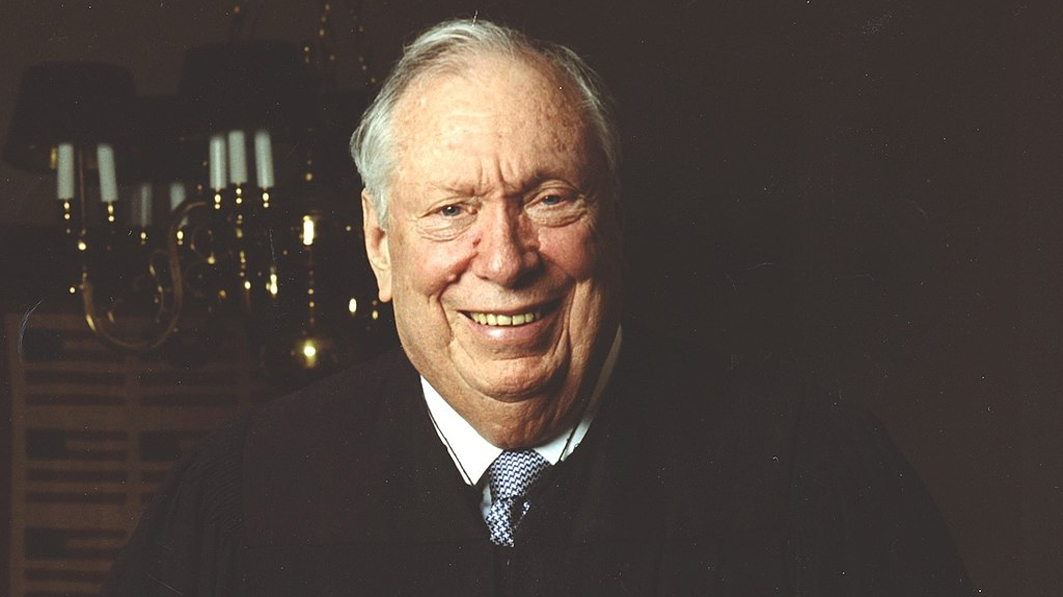Judge Stephen Reinhardt was probably the most liberal judge in the 9th U.S. Circuit Court of Appeals, if not the entire nation, up until his death in 2018.
As a small sampling of his well-earned reputation, he either wrote opinions in favor of, or voted as part of a panel in favor of: the “right” to same-sex marriage; the “right” to commit suicide; declaring the words “under God” in the Pledge of Allegiance unconstitutional; holding that parental rights in education of their children ended at the schoolhouse gate; censoring the free speech rights of students who opposed homosexuality; and many others.
Ed Whelan, President of the Ethics and Public Policy Center (a conservative think tank), a lawyer and former law clerk to the late Justice Antonin Scalia, and the all-around go-to guy on all things federal courts, says Reinhardt “probably holds the record for the most unanimous reversals by the Supreme Court…”
At one point in his career Reinhardt was asked what the point was in issuing decisions that were destined for a Supreme Court reversal, to which he famously quipped: “They can’t catch ‘em all.”
That’s why it’s notable that Judge Reinhardt is still being reversed by the U.S. Supreme Court. On February 25 the high court unanimously “vacated and remanded” a 9th Circuit opinion from an 11-judge panel decision authored by Reinhardt in Yovino v. Rizo.
The problem? The 9th Circuit opinion was issued 11 days after Reinhardt passed away.
“Federal judges are appointed for life, not for eternity,” the Supreme Court noted in an unsigned opinion. Because judges can change their minds at any point up until the opinion is officially issued, there is no precedent for allowing a deceased judge’s vote to count.
The case will now go back down to the 9th Circuit for a do-over.






